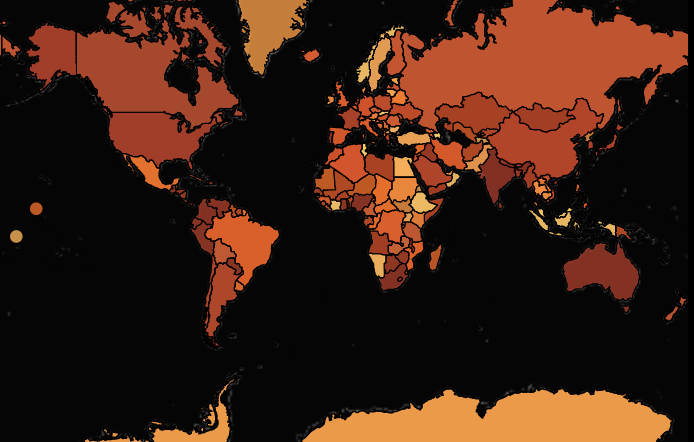
According to the World Health Organization, toxicovigilance is the active process of identifying and evaluating the toxic risks existing in a community, and evaluating the measures taken to reduce or eliminate them. Our toxicovigilance research focuses on prescription and illicit drug use/misuse and drug use... Read More →










